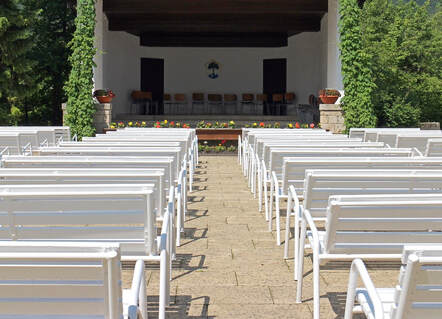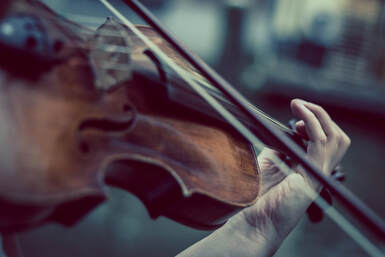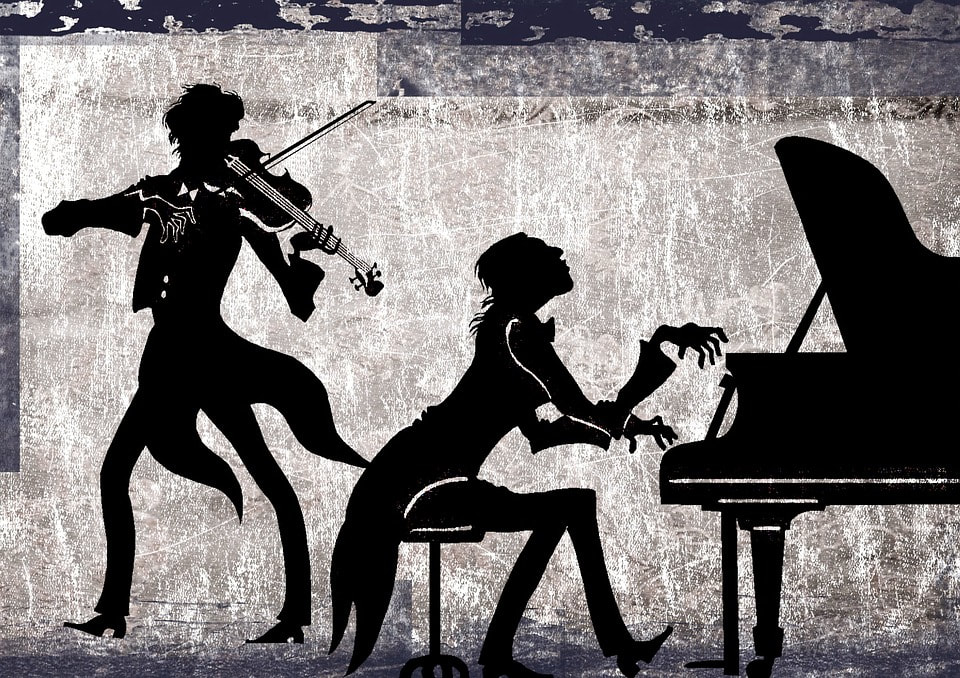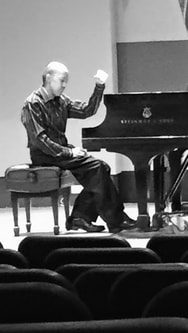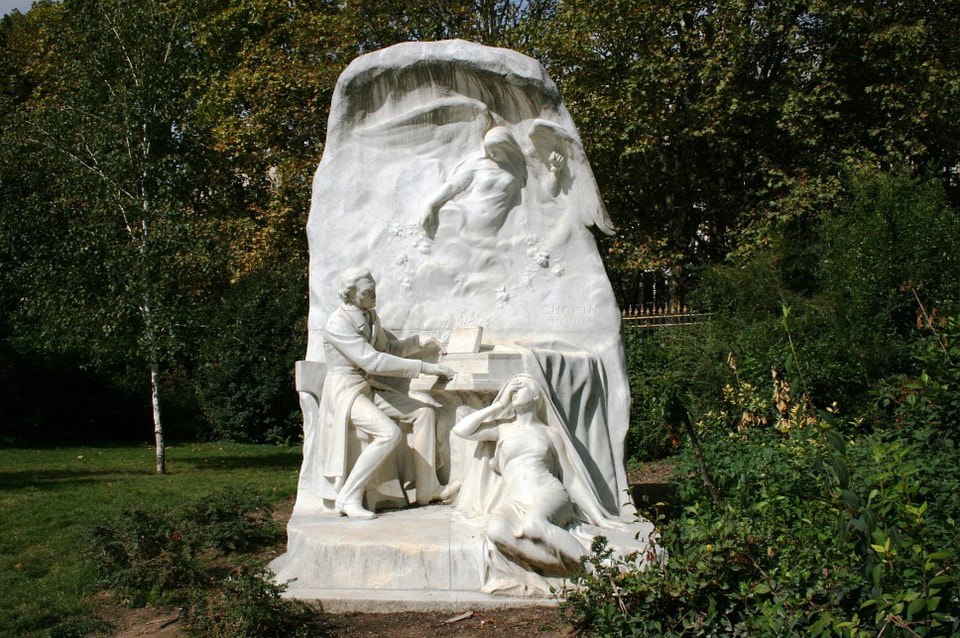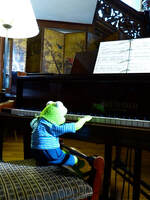Flailing, Flying, or Failing?What Your Body and Imagination Have in CommonDuring my early years of piano lessons, I looked forward to playing in recitals but would always wonder where my teacher would place me in the program. It’d be a surprise to find out how long I'd have to wait! The situation was usually simple enough: all I had to do was play the one piece I’ve been working on for months... One time I performed at a women's luncheon. Mentally, my 10 year old self seemed pretty confident, yet my body wasn’t so sure. My hands shook as I moved around the keys, and my right leg bounced up and down even though I was holding down the sustain pedal. I felt awkward the whole time, but knew I had to keep playing to the end, despite struggling to keep my limbs under control. I managed to get through the piece. The audience clapped. While I heard the applause, I wouldn’t say it felt like a great performance. Mindfulness doesn’t only mean using your thoughts in a certain way. It’s also important to be aware of your body.My body has since “improved” and I don’t shake as much (or at all) when I perform. The shaky luncheon performance came from my inexperience with playing in front of audiences regularly and not understanding how I my body internally reacts to stress. How was I able to stop the shaking since that time? I’ve learned that when my body shakes, it’s because I’m nervous: physically it shows up as sweaty palms, shaking hands, legs, and shallow breathing. Mentally, my mind wanders quickly to random thoughts and isn’t “still” enough to hold onto what’s going on in front of me. There’s usually a sense of feeling unprepared and unsure. I figured that the more I perform, the more I would get used to playing in front of people...so each time my teacher asked if I wanted to play in a recital I said yes (even if I didn’t know what I’d be playing yet!). Now, I make sure I’m as prepared as I can be for any upcoming performance, which includes practicing run-throughs of pieces, and reviewing “trouble spots” to be sure I’m not worried about them in performance. If I can schedule low-stakes, mini recitals in front of family, friends, or colleagues before the “real thing” so much the better to prepare. What Does Your Body and Your Imagination have in Common?Each can tell a Story. Let’s look at what I mean: Stage presence is a thing. |
Lesson Hours
|
Connect with me on Social Media!
|

